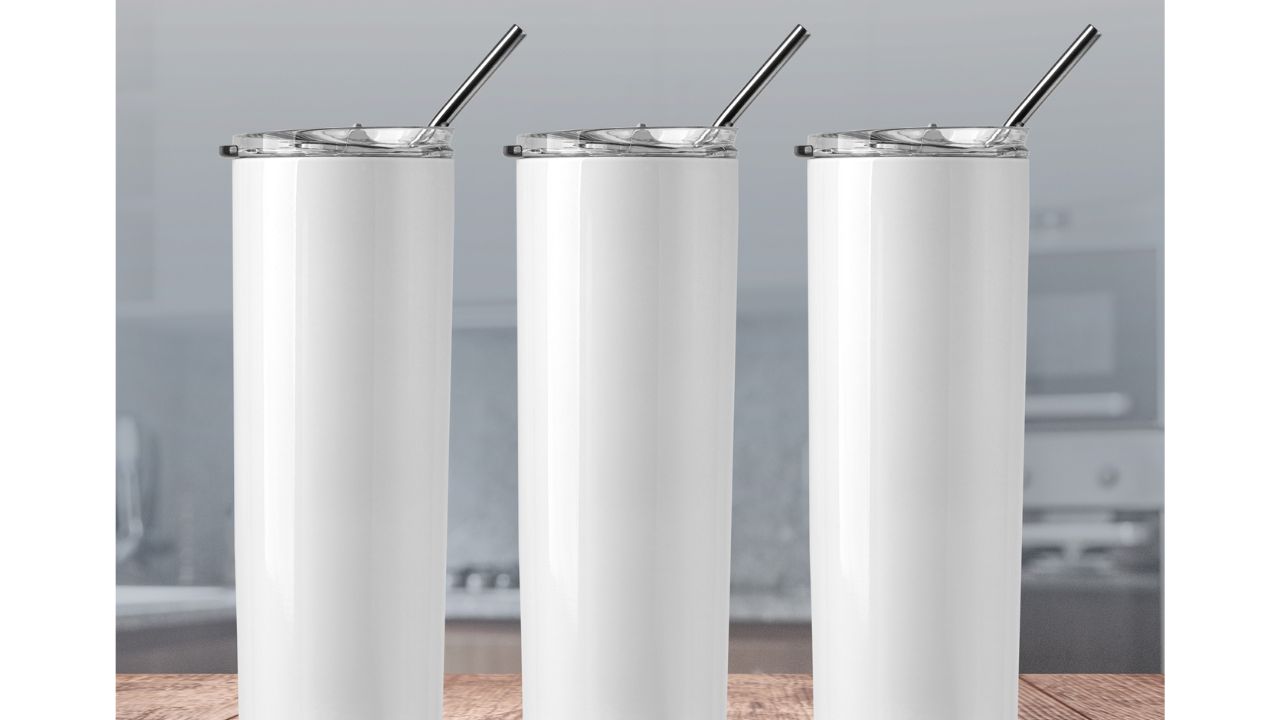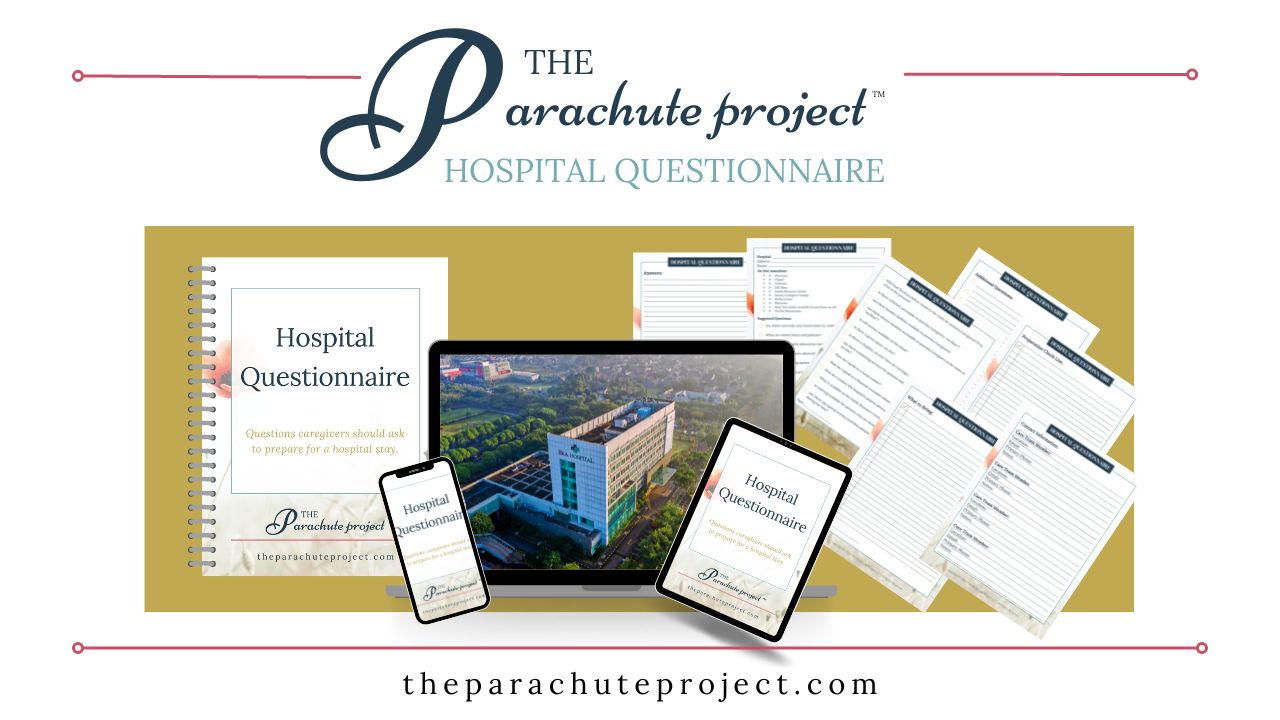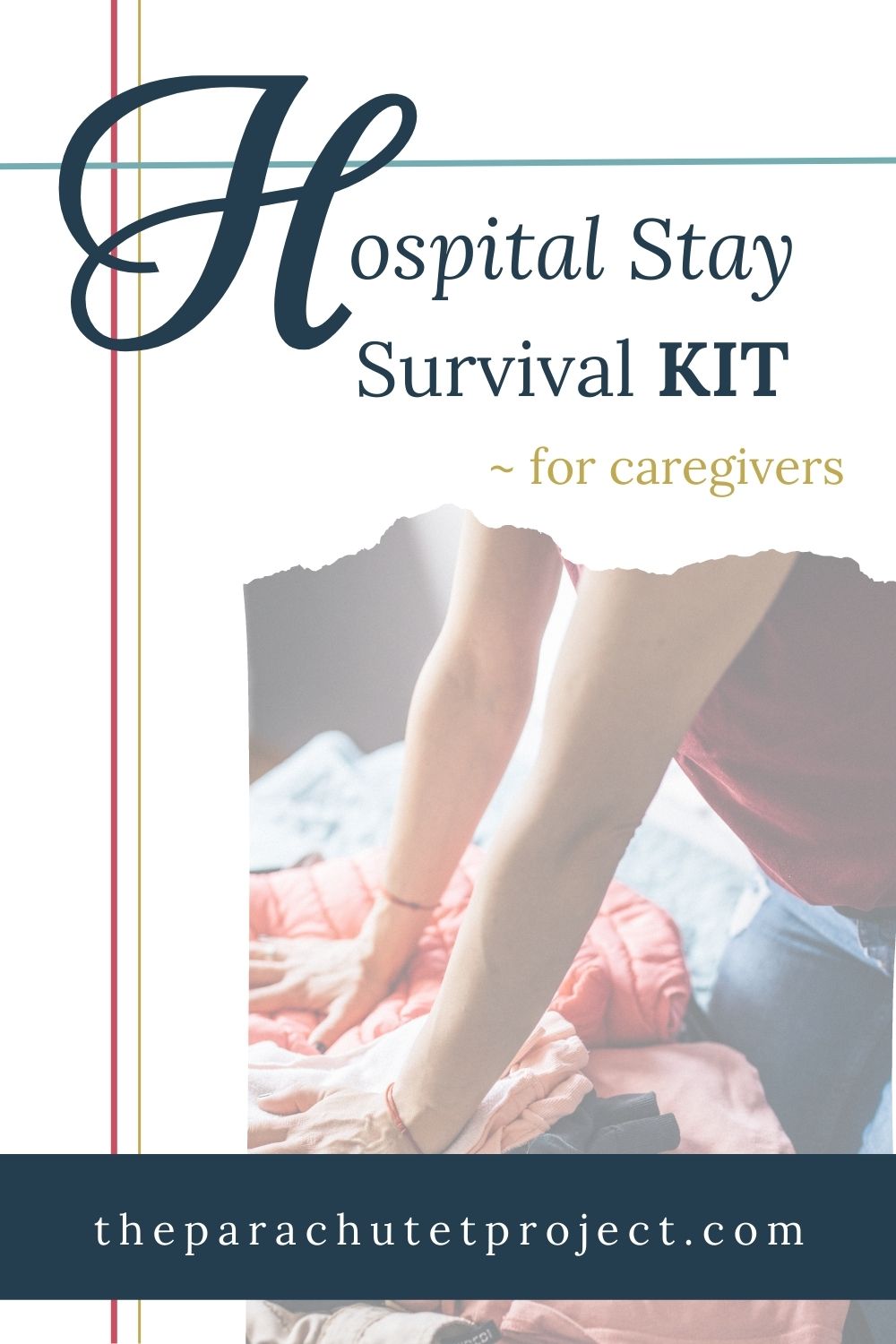Hospital Stay Survival Kit for Caregivers
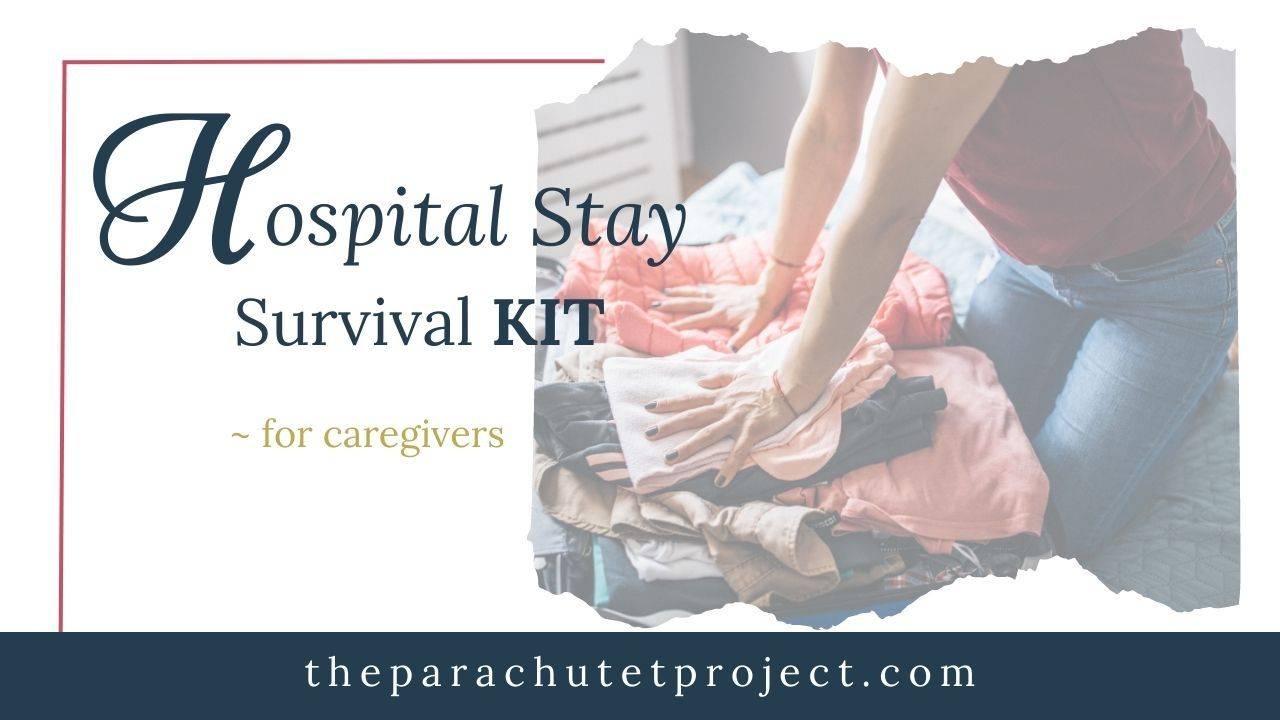
~ Comfort care items to support parent caregivers, while in the hospital with their child.
Recently, I found myself in the hospital with one of my girls when an unexpected, but common, childhood illness lead to surgery and a longer than expected hospital stay. It was a long and difficult recovery. Much more difficult than I had anticipated. Watching her suffer through such a painful and traumatic experience took its toll on me, as her mom and caregiver.
Hospitals are a great place to care for the patient but a not so great place to care for the caregiver. In these circumstances, I was reminded how important it was to prioritize my own care needs so that I had the resources to be the best caregiver I could be for my child. As unexpected as our hospitalization was, I was thankful to have some very important comfort care items in my personal hospital stay survival kit. These items allowed me to better cope with difficult circumstances and nurture my well-being during our extended stay.
I have learned over the years, through many hospital stays, which comfort items to include in my hospital stay survival kit. Today, I am sharing those items with you and why I think they are must haves for anyone facing a hospital admission with their child.
This post contains affiliate links. I often share links to products and services that I have used and/or believe would be beneficial to my readers. As an Amazon Associate I earn from qualifying purchases. If you make a purchase through my site, I receive a small commission, at no additional cost to you. In this way, your purchase helps to support the mission of The Parachute Project™. Thank you!
Water Bottle –
Staying hydrated is crucial to maintaining the healthy function of every system in the body. (The Importance of Hydration, harvard.edu) Hydration effects our digestion, our mental clarity, our mood and energy, and so much more. However, while it sounds so simple, staying hydrated is not as attainable, when in the hospital, as one would hope. Parents often have to leave their child’s room to get a good drink of water. That may not be something they can do frequently enough.
To promote adequate hydration, a large, insulated water bottle is a great comfort item to have your hospital stay survival kit. It allows you to keep water readily available, right in your child’s room. If you are concerned about water quality, filtered water bottles are a good solution.
Coffee Mug:
Coffee is a must have for many who rely on that morning ritual to wake up and re-energize. A warm beverage can be comforting all by itself, whether it allows you to experience a piece of your normal routine or simply provides warmth in a cold and sterile environment. Coffee, hot chocolate, etc. is often provided for parents “on floor” in the parents’ lounge.
However, I find that provided beverages are almost always too hot to drink right away. So, I take it back to the room to drink when it has time to cool off a bit. Inevitable, I get distracted with other things and, before I know it, it's ice cold. The hospital provided coffee cups just don’t hold warmth for very long. This is why I like to have my own insulated mug to maintain the temperature and give me a chance to enjoy my warm beverage before it’s too late.
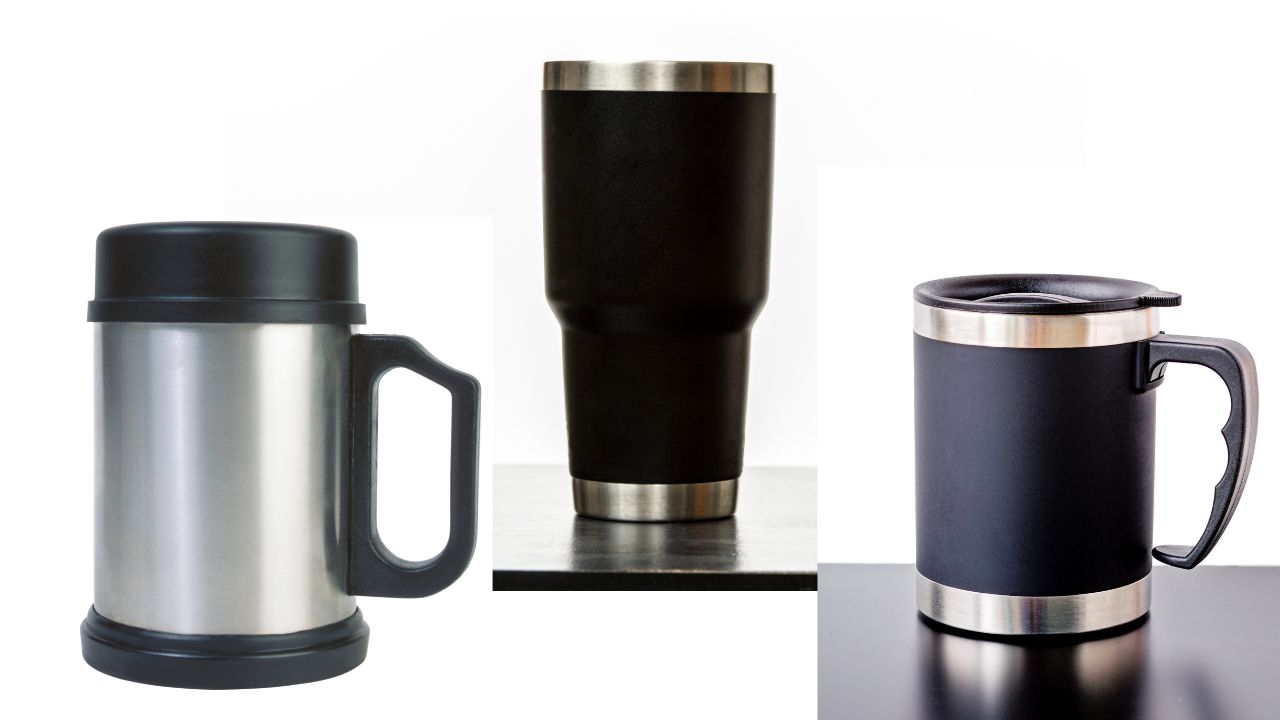
Kleenex:
Watching your child go through a medical crisis is a traumatic and emotional experience. Those emotions can be difficult to contain as we process new and overwhelming changes in our child’s condition.
I can still remember when we were admitted with Our Girl, right after her diagnosis. I was a teary, drippy mess, quickly going through boxes of rough and irritating hospital tissues. As a result, my skin was red and inflamed for weeks after. This is why I always recommend good quality tissues as a helpful comfort care item to include in a hospital stay survival kit, for parent caregivers and patients.
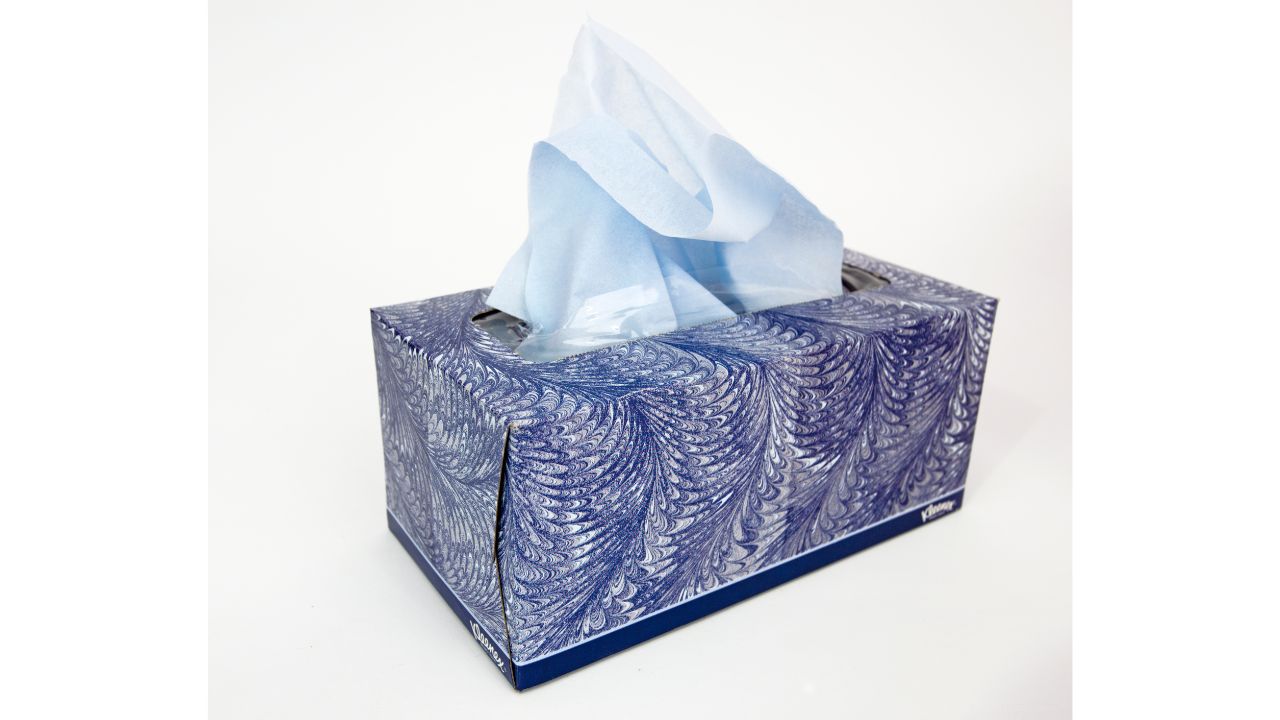
Hairbands:
If you are like me, you definitely want to have a hairband or two, on hand, to keep your long locks out of your way. I personally use these style hairbands, every day. I really like that they are metal free. Not only do they prevent my hair from being pulled and damaged but they can be safely worn into an MRI /scan room without worry. I like that I don’t have to give it a second thought, regardless of where the day may lead.
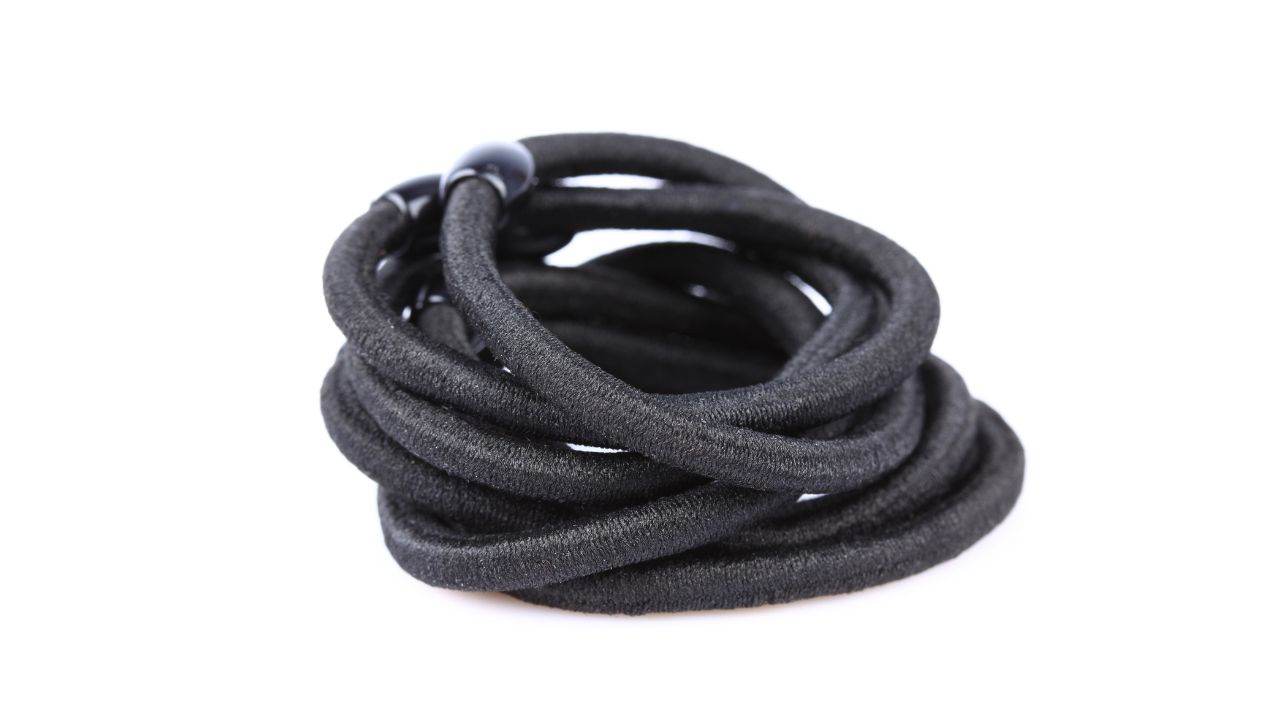
Warm Socks:
I love my Wigwam socks and practically live in them, during our cold Midwestern winters. They were the first thing I threw into my bag as we headed out the door to the emergency room and I was so grateful to have them when we were unexpectedly admitted.
Wigwam socks come in a variety of colors, sizes and styles for both men and women. I like the style below because they are thick and durable which makes them especially nice to have when in the hospital environment. It is important to me that they keep my feet warm and protected without shoes.
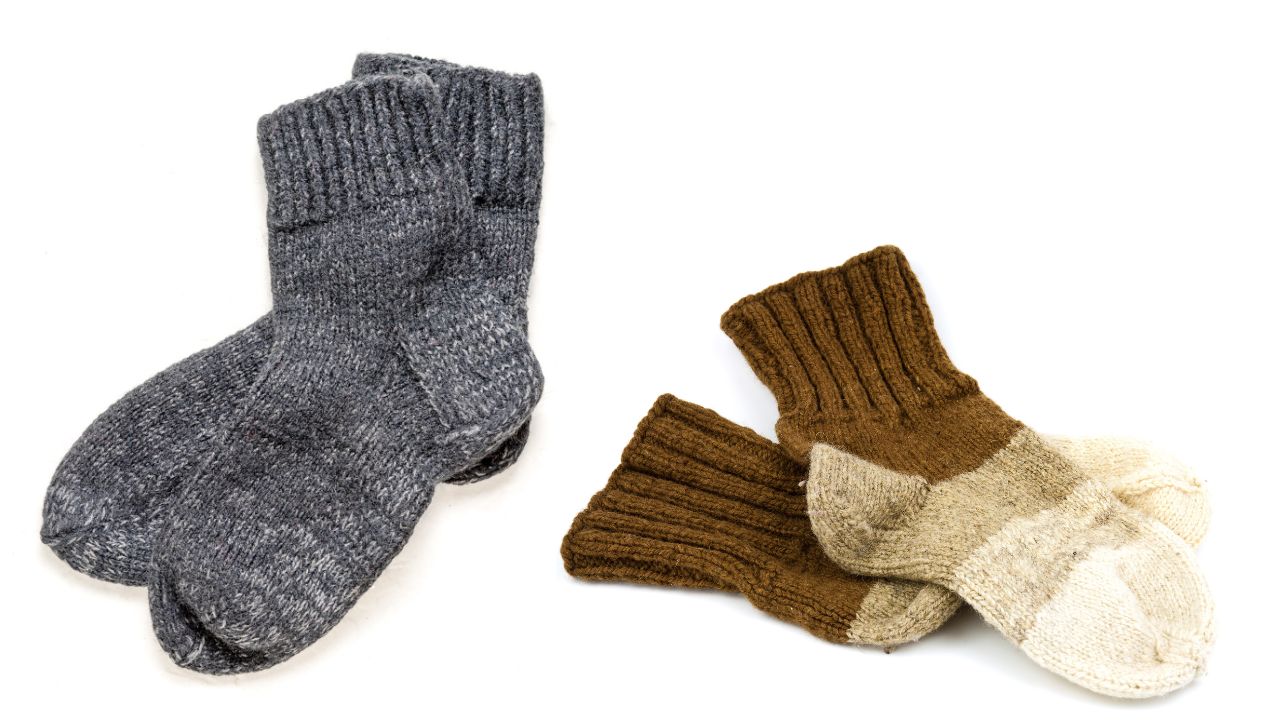
Versatile Clothing:
When I'm in the hospital with my child, I want to be comfortable but also presentable. Versatile clothing helps me to better cope with my circumstances because I am not distracted with my appearance or struggling with uncomfortable clothing.
I love wearing lined leggings in the hospital because they are comfortable enough to sleep in but they also look good. Feeling “put together” in my appearance helps me to feel more confident in those situations where I may need to push or advocate for my child. I can also be comfortable leaving the room and accepting visitors without feeling like I need to change. Comfortable, versatile clothing pieces are an impactful comfort care item to have in your hospital stay survival kit.

Sweatshirt:
Packing layers allows you to be prepared for any hospital environment. Having at least one warm layer, ensures that you will not have to worry about being uncomfortable due to temperature changes or unpredictable sleeping arrangements etc. Again, having something that is both comfortable and presentable will allow you to spend less time thinking about clothing and focus on managing the demands of your day.
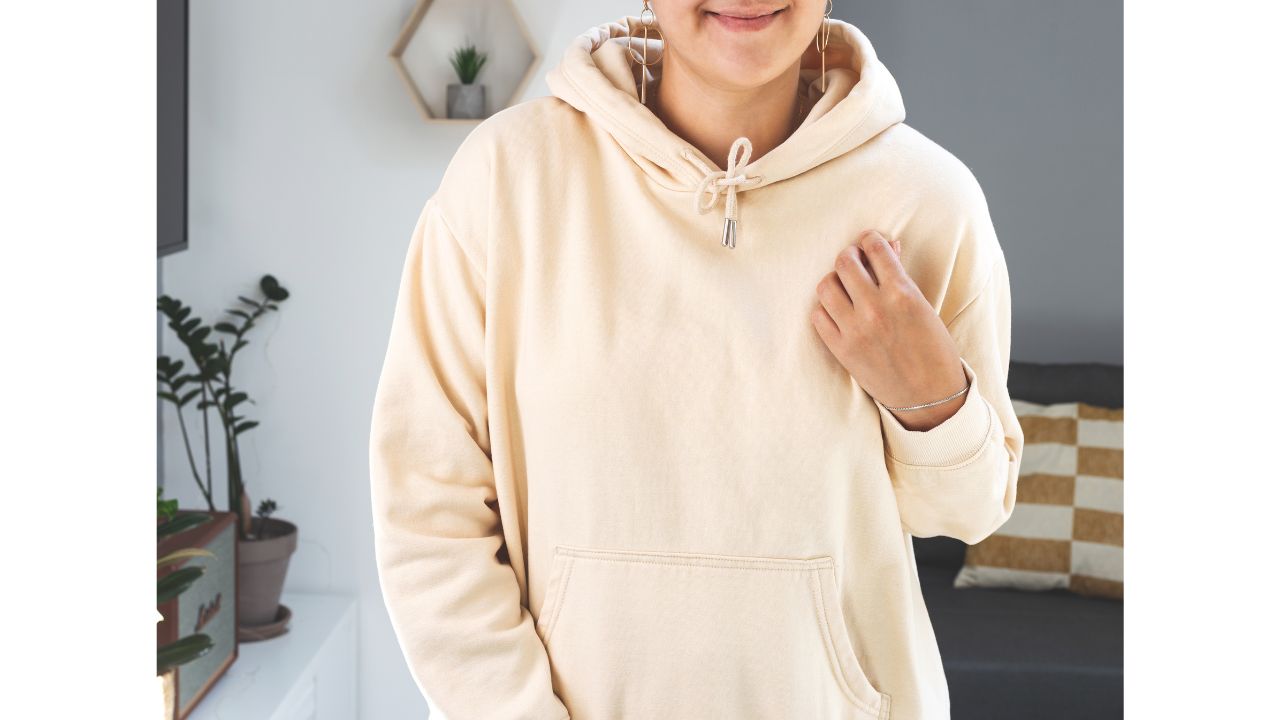
Tennis Shoes:
Tennis shoes are another one of those versatile items that allow you to be comfortable but also presentable in almost every situation. Having a comfortable pair of shoes on hand also allows you to take advantage of any opportunity to get outside and take a walk or to participate in some other form of physical activity. Fresh air and exercise can do wonders to clear your head, alleviate stress and ground our emotions.
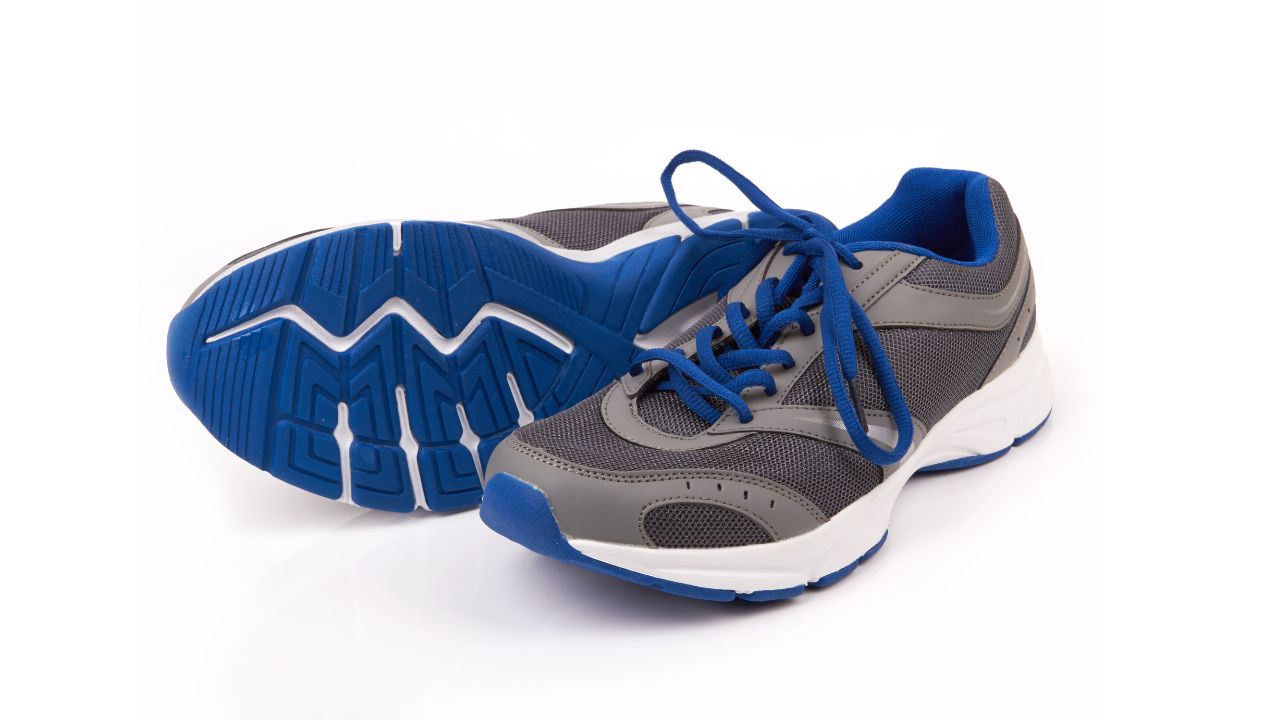
Pillow:
Hospital pillows are fine in a pinch but, if you are in for a long stay, it is worth bringing your own. You will have limited opportunity for restorative rest and having your own pillow will provide that familiar comfort that promotes quality sleep.
My kids rest well on their “My Pillows”, nightly. They like the comfort and I like the durability that comes in a machine washable package. “My Pillow” offers a convenient travel size “Go Anywhere” pillow that comes with its own custom size pillow case and has a variety of colors and patterns to choose from.
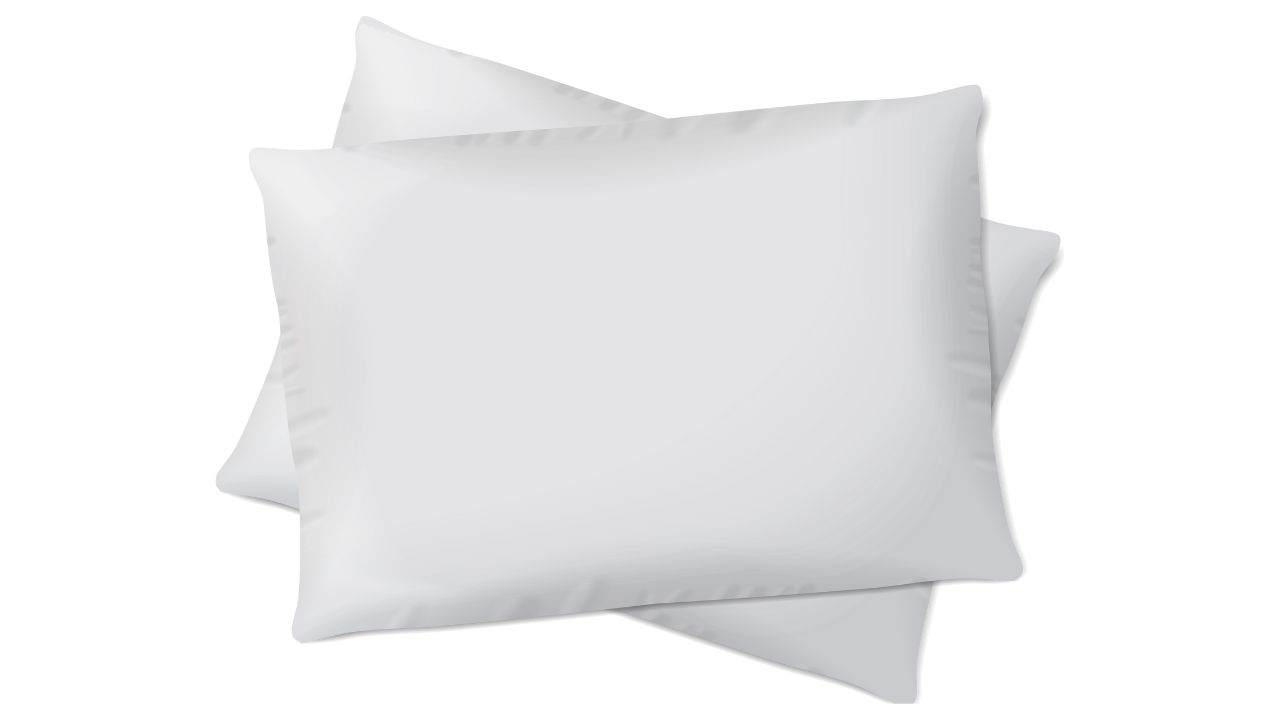
Blanket:
Similar to pillows, hospital linens or adequate at best. Having a quality blanket of your own will provide the warmth and comfort that encourages more restorative sleep.
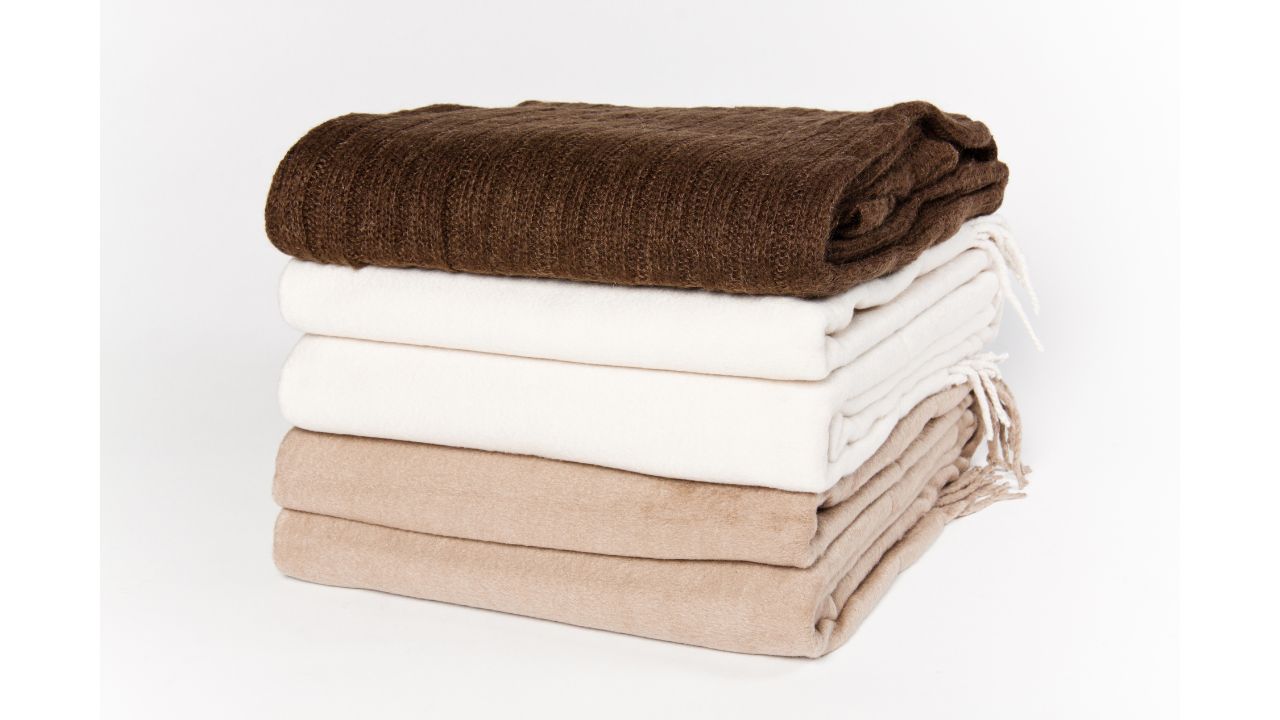
Ear Plugs:
The round the clock nature of the hospital makes it one of the hardest places to rest. There are people coming in at all hours. Alarms often go off just as you're drifting off to sleep. Good old-fashioned earplugs can help to minimize those disruptive background noises. Noise canceling ear buds can allow you to filter out noise while still being able to hear your child’s calls.

Eye Mask:
Similar to sound, light can be a significant deterrent to quality rest. A simple eye mask can block out distracting light, help you to settle down sooner and make the most of any opportunity to get deep restorative sleep.
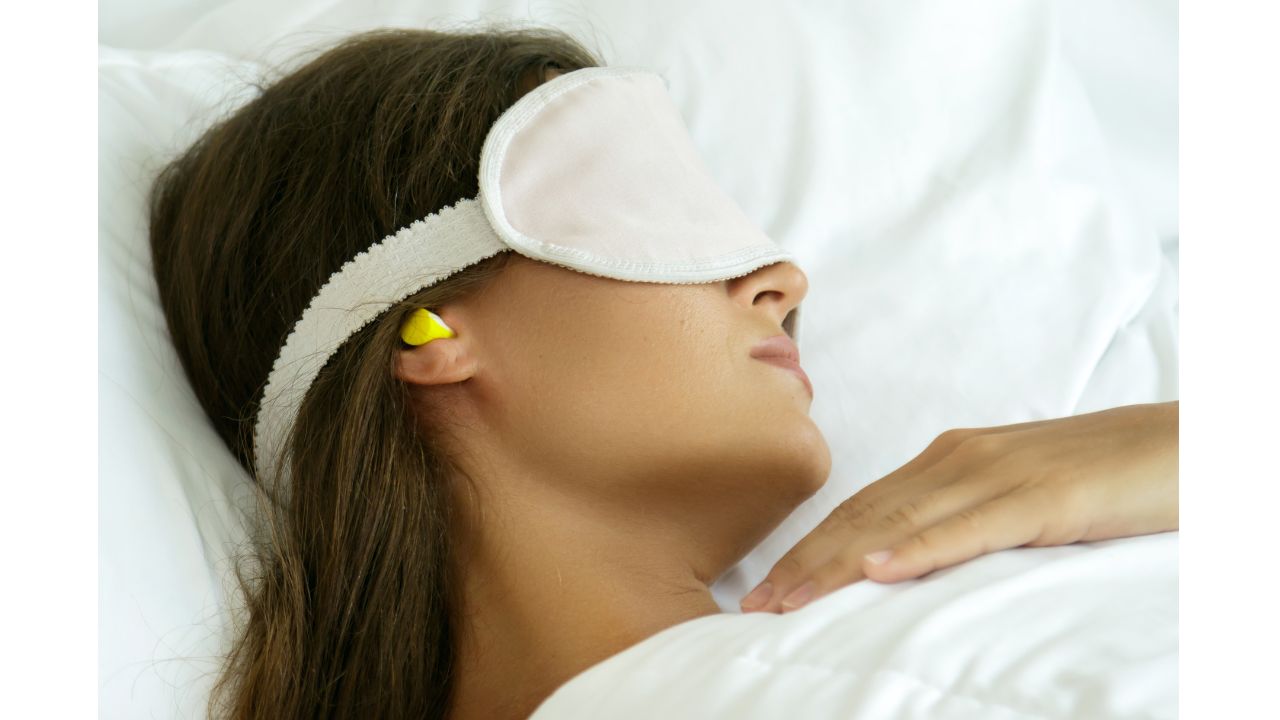
Toiletry Bag:
We all have those basic self-care routines that help us to feel put together and more comfortable in our own skin. Having favorite toiletry products on hand during a hospital stay, can help us to feel refreshed and face a new day with a small sense of normalcy, even when our circumstances are not.
A small compact toiletry bag is a great comfort care item to have on hand as part of your hospital stay survival kit, especially if your circumstances require frequent, emergency admissions. Having a well-stocked, and pre-packed toiletry bag can help to make those times simpler and less stressful.
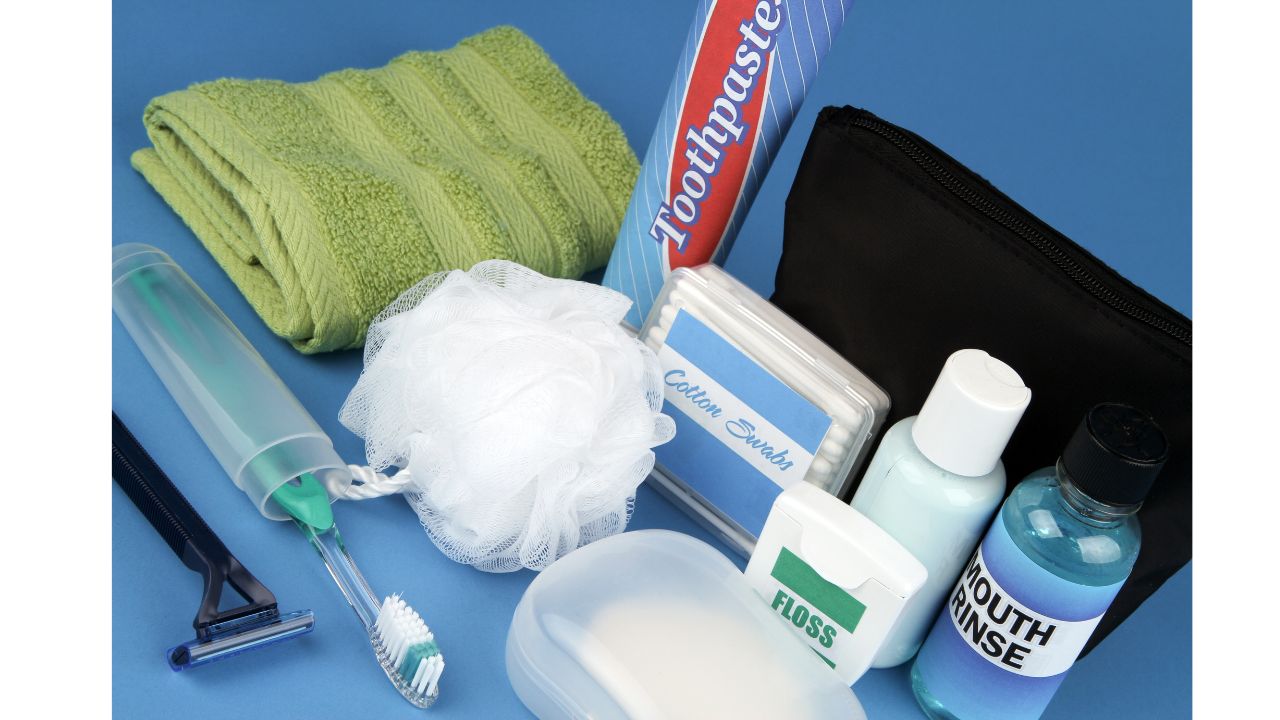
Journal:
Journaling can be a great way to process your circumstances and emotions as you try to make sense of unexpected or difficult events. Writing out the events of the day can help to keep them from going round and round in your mind. It can also be helpful to write down information the doctors have given you, record your questions and the answers to those questions to reduce the stress that comes from trying to remember it all. A notebook or journal can be a valuable comfort care item to support your mental and emotion health during these difficult circumstances.
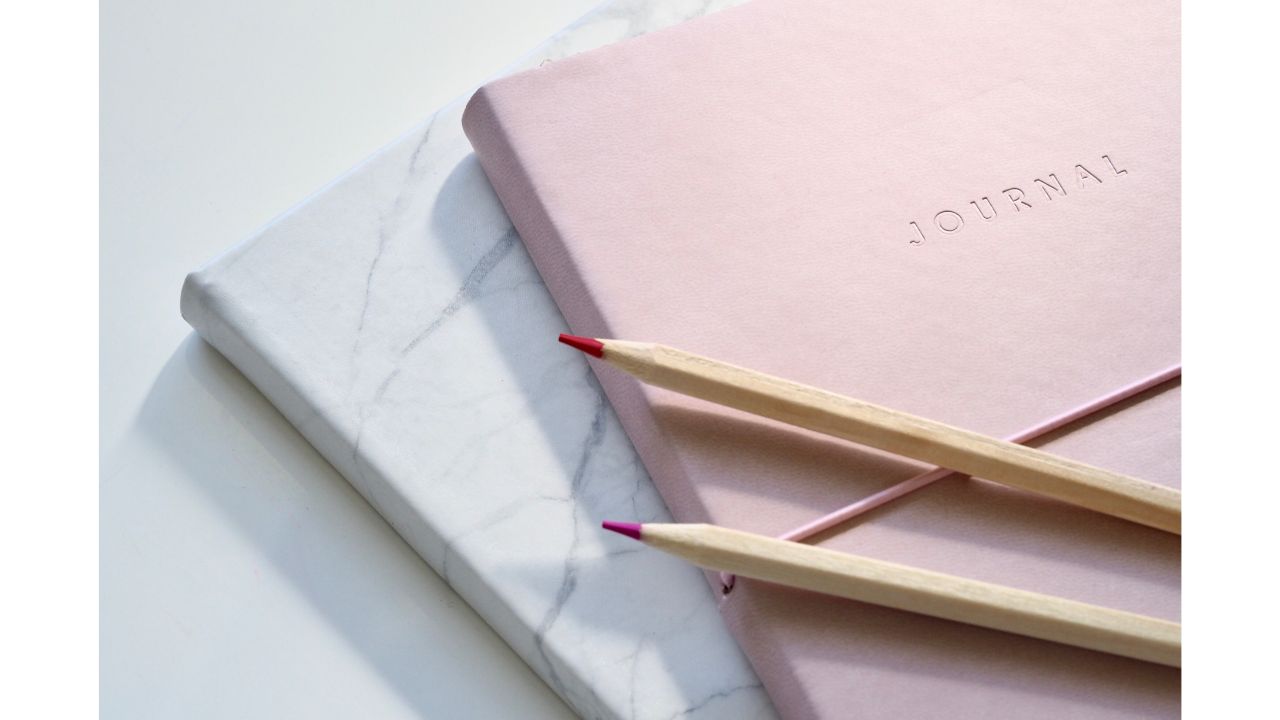
Bible or Devotional:
Another great way to manage anxiety and to process difficult circumstances is to ground yourself in God’s word. Spending time in scripture helps to nurture the faith that provides hope and confidence in God’s faithfulness.
Whether you have a bible or a devotional on hand, you can use your journal to record thoughts of hope and encouragement that you need to keep going. Max Lucado’s “Anxious for Nothing” is one of my favorite books to calm my anxiety and focus on God’s promises.

Essential Oils:
Essential oils, for aroma therapy, are gaining popularity in hospitals to help patients deal with anxiety and pain but they are great for caregivers too. Pack your favorite oils to promote sleep, reduce feelings of anxiety and stress, alleviate headaches and other forms of physical pain etc.
Many people find the smell of the hospital to be unsettling. You can also use your essential oils or another scent to remind you of your home surroundings and help you to feel more relaxed in the hospital environment.
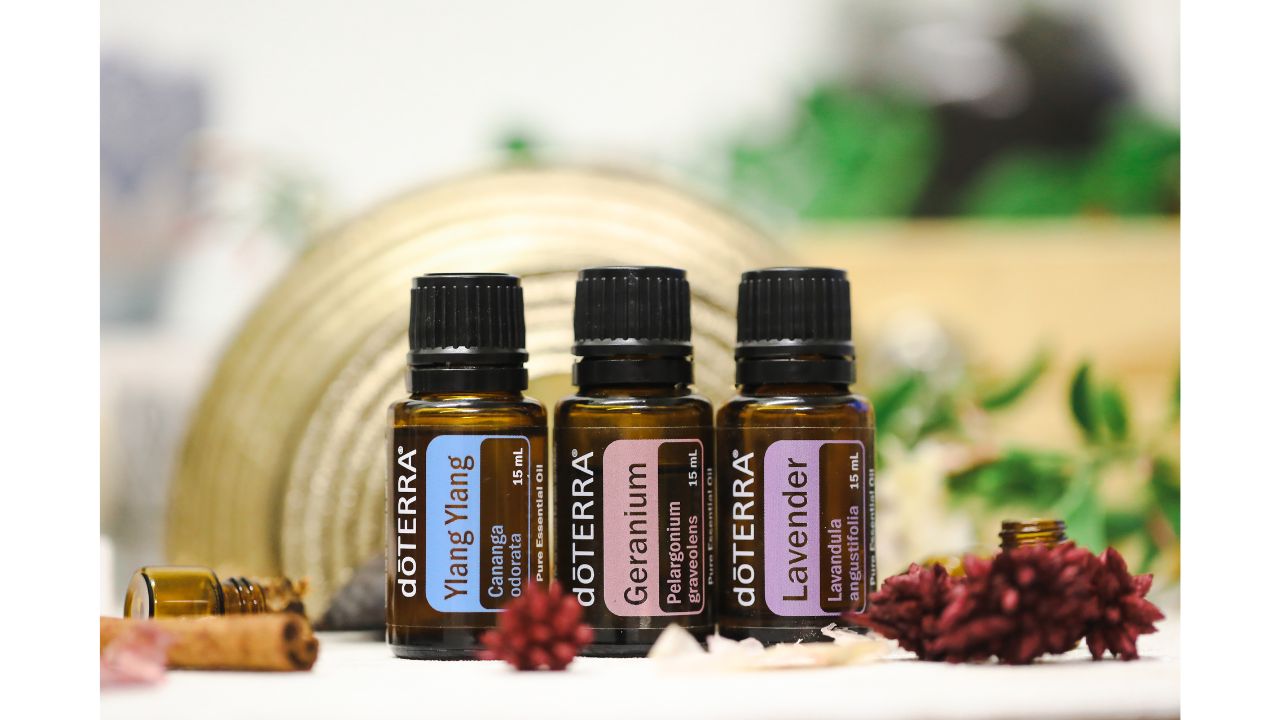
Personal Essential Oil Diffuser:
Use a personal oil diffuser bracelet or pendant to keep a few drops of your favorite oil on your person. This will allow you to reap the benefits of aromatherapy without disturbing others.
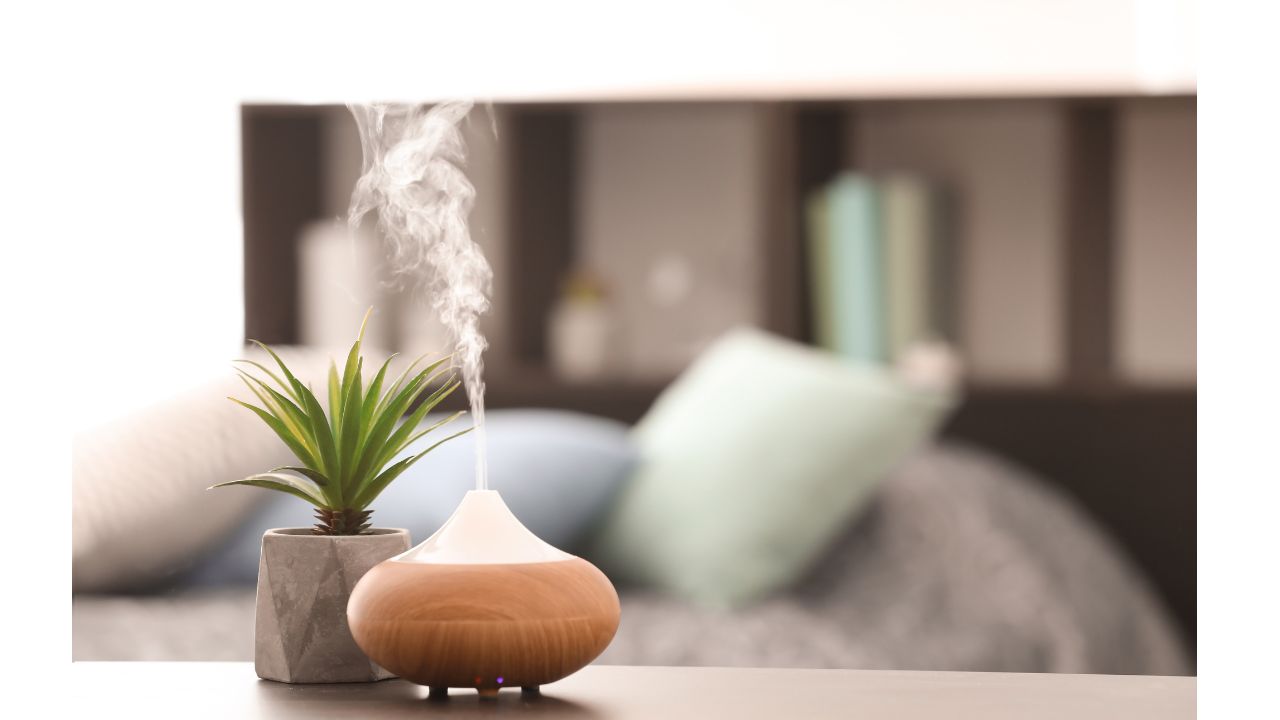
Skin Care Products:
You may not have the opportunity to complete your full beauty routine while in the hospital with your child. However, just because you don’t have time to apply makeup doesn’t mean that you can’t bring a few basics to support a healthy skin care routine throughout your hospital stay.
One of my favorite skin care lines is Burt’s Bees. I have very sensitive skin and this line is one of the only products that I can use with good results. If I'm going to choose just one or two products to pack in my hospital stay survival kit, it is always going to be a moisturizer.
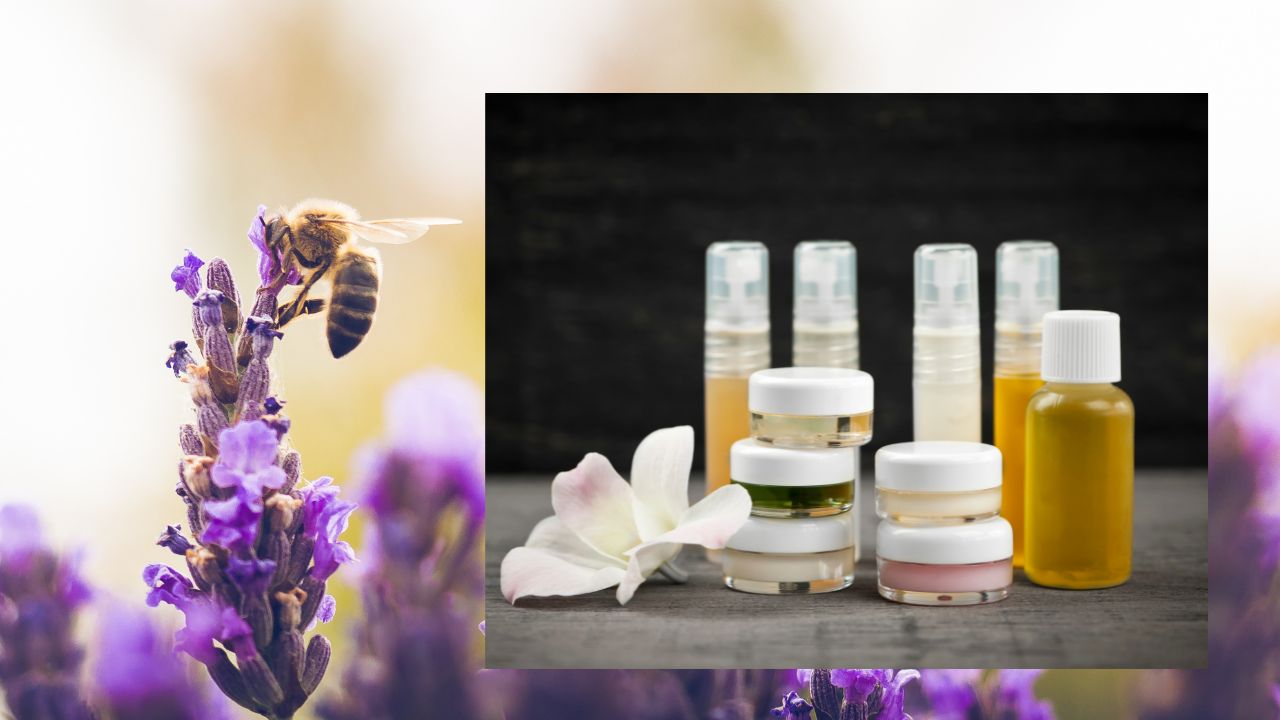
Chap Stick:
Similar to moisturizer, Chapstick is another one of those basics that help to keep my skin care on track while in the hospital. I really like Burt's Bees pomegranate flavor and its bonus tint of color. However, Burt’s Bees offers a wide range of chapstick flavors and lip care products.
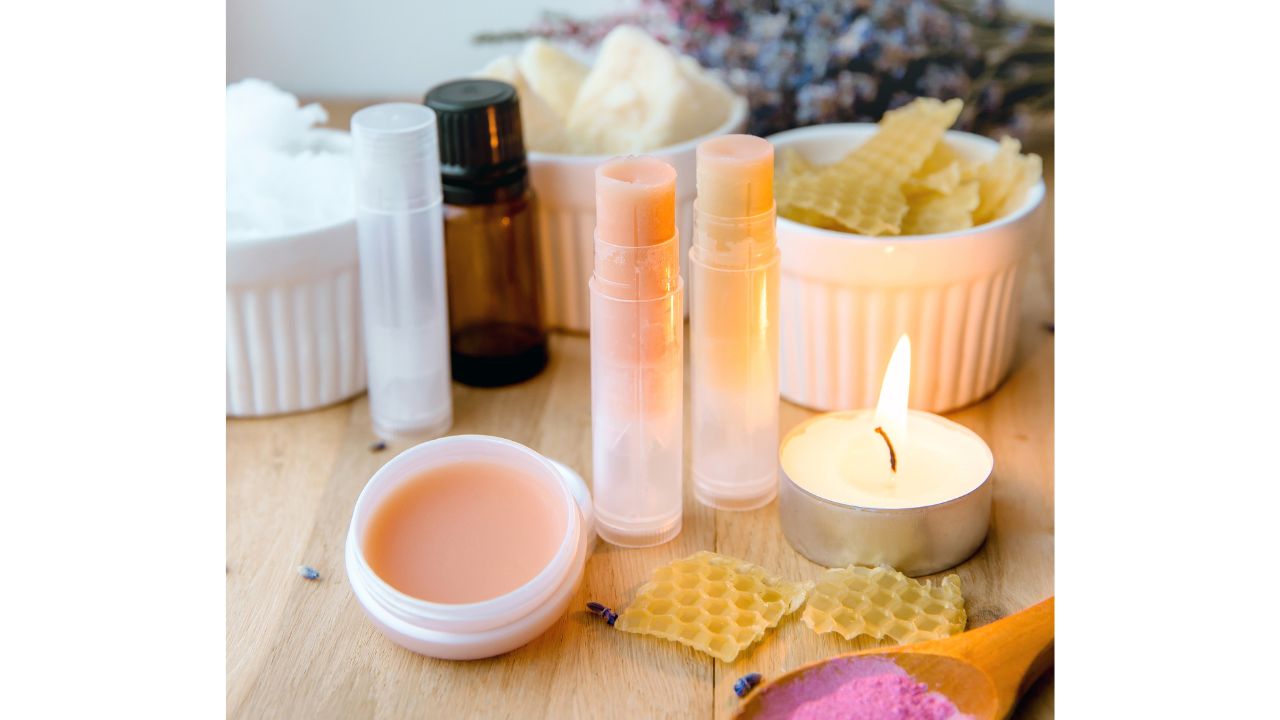
Smart Phone:
These days we are blessed to carry the world in our back pocket. You have the opportunity to stay in touch with your support system through social media and online journal websites such as Caringbridge. These platforms allow you to easily keep family and friends updated as your child’s condition progresses. You can text and e-mail and video chat from just about anywhere at any time.
All of these things help to alleviate the feelings of isolation and loneliness parent caregivers often feel when inpatient with their child. In this way, your smart phone becomes a valuable tool in supporting you through these difficult circumstances.
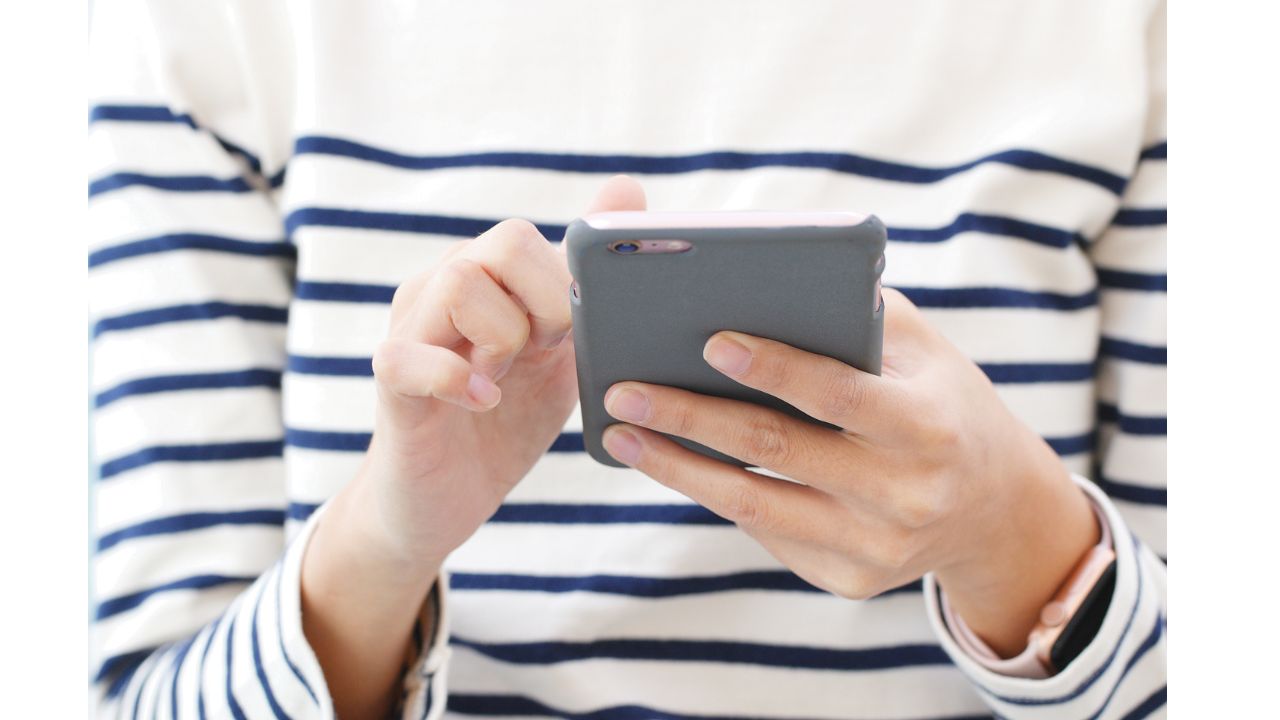
Amazon Prime Account:
Smart phones also provide us with a wide range of entertainment options, literally in the palm of our hand. Easy access to entertainment helps us to get through the long days of waiting as a hospital stay drags on. There are many entertainment options and platforms out there. I personally use my Amazon Prime account which gives me access to books, music, movies and exclusive TV shows, right on my smart phone or tablet, all included in one membership.

That's it! My favorite comfort care items to include in my personal Hospital Stay Survival Kit. All of these items play a part in keeping me comfortable, well rested and feeling well so that I can focus on caring for my child.
I hope that this list has provided some good solutions to common self-care struggles parent caregivers often face while in the hospital. Remember that supporting your own care needs supports your child’s care by extension. Choose those comfort care items that mean the most to you and those that will have significant impact on safeguarding your well-being the next time you find yourself hospitalized with your child.
Let me know, in the comments, your thoughts about the items listed. What are your "must have" comfort items when in the hospital with your child?
GET YOUR HOSPITAL QUESTIONNAIRE!
Self-Care Action Discussed in this Post:
Next time you are faced with an upcoming hospital stay with your child, prepare your own Hospital Stay Survival Kit. Prioritize those items that will keep you comfortable and allow you to maintain the energy and focus you need, to effectively care for your child, even in those difficult circumstances.
Related Posts:

